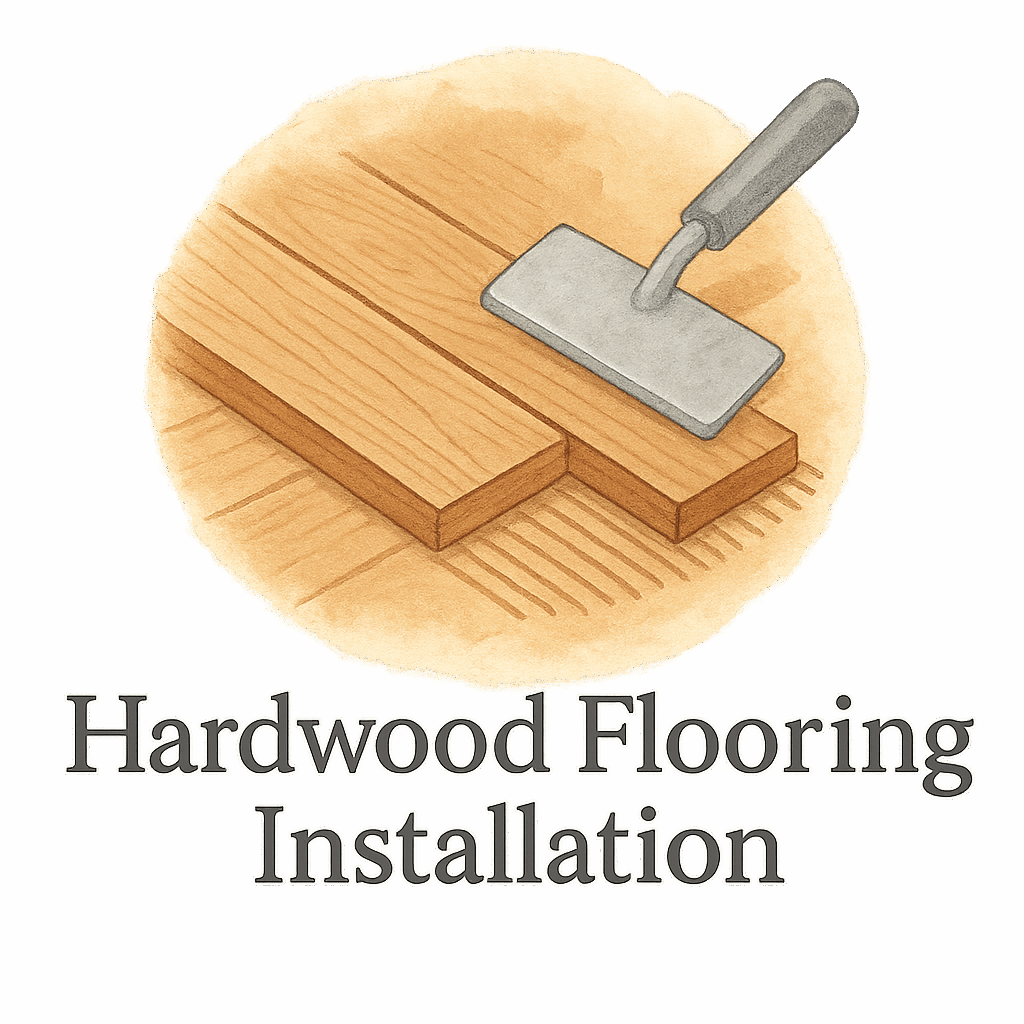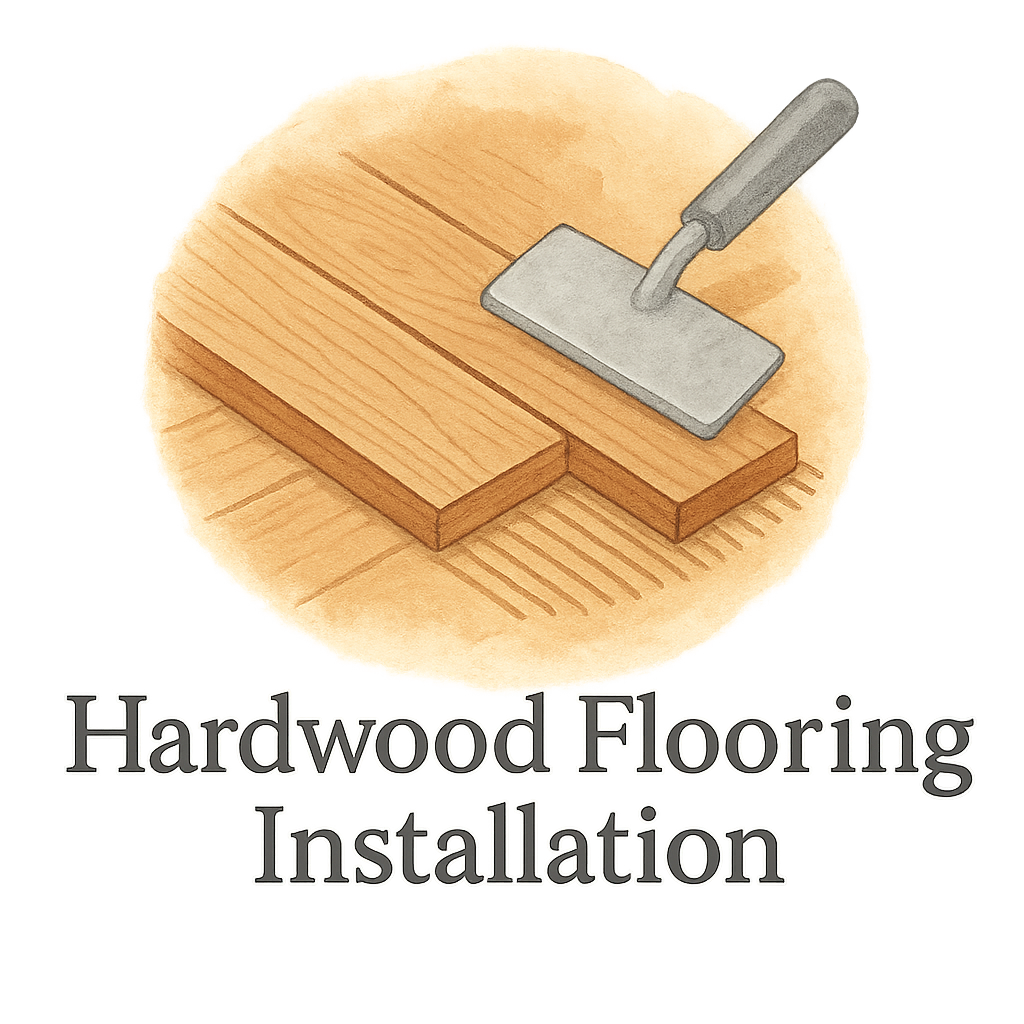Ever feel like your flooring quote is a little… too polished? Maybe you’ve been eyeing that beautiful oak finish, only to be smacked in the face with an estimate that feels more like a car down payment. If you’ve ever second-guessed the cost of installing hardwood floors, you’re not alone.
Let’s dig into the 7 signs you’re overpaying for hardwood flooring installation—and how to sidestep the budget traps many homeowners fall into.
Why Hardwood Flooring Installation Costs Vary So Much
Not all hardwood floors—and not all contractors—are created equal. Your location, material, labor, and even your contractor’s transparency play massive roles in how much you’ll pay.
And guess what? If you’re not armed with knowledge, you could be overpaying without even realizing it.
Let’s get into the warning signs.
Sign #1: The Quote Lacks Itemized Details
What You Should See in an Estimate
If your contractor hands you a one-liner quote that says something like “Hardwood Flooring Install – $9,500,” that’s a red flag waving right in your face.
You deserve to see a full breakdown: materials, labor, underlayment, disposal fees, prep work, etc.
Transparent Pricing is Non-Negotiable
No itemization = no trust. Demand clarity.
For help understanding fair costs, check out the Flooring Cost & Time Estimation guide from Flooring Contractor Plan of BS.
Sign #2: You’re Being Charged Premium for Basic Materials
Understanding Hardwood Grades
There are different wood grades: clear, select, common, rustic… and guess what? They all look great in the right setting. But if you’re being charged “premium” prices for “common” grade wood, that’s a problem.
When “Standard” Becomes “Luxury” Unnecessarily
If you’re unsure what you’re buying, compare specs with what’s shown in the Flooring Tools & Materials section of Flooring Contractor Plan of BS.
Sign #3: Labor Costs Are Sky-High Compared to Averages
Regional Pricing vs. Overpricing
Sure, labor varies by city. But if your quote is 30-40% above the local average without a detailed explanation, it’s worth questioning.
Comparing Labor Quotes
Gather multiple bids. Use online flooring quotes or platforms to make sure your contractor isn’t laughing all the way to the bank.

Sign #4: Hidden Fees Keep Popping Up
The Danger of Non-Transparent Add-Ons
Some contractors lowball the base price, then nickel-and-dime you later.
Watch for fees like:
- Furniture moving
- Stair tread upgrades
- Site protection
- Floor leveling
Disposal, Delivery, and Prep Charges
One way to prevent this: review the Flooring Preparation and DIY Flooring Installation sections for realistic expectations.
Sign #5: You’re Told to Replace Instead of Refinish
Refinishing vs. Replacement
Contractors often push new flooring when refinishing could save you thousands. If your existing hardwood is structurally sound, a refinish might be all you need.
When Replacing Makes No Sense
Replacing can cost 2-3x more than refinishing. Learn the difference by checking out Flooring Maintenance & Repair tips.
Sign #6: Pushy Upsells on Underlayment or Extras
Necessary vs. “Nice-to-Have” Additions
Underlayment matters—but only if it matches your floor type. Some upsells are legit; others are fluff.
Know Your Project Needs
Not sure what’s necessary? Visit the Underlayment Tag for a breakdown of which options work best and which ones you can skip.
Sign #7: DIY Options Are Never Presented
When You Can Actually DIY
Believe it or not, you can install hardwood yourself—or at least parts of the process like prep and finish.
Smart Cost-Cutting Choices
If your contractor dismisses DIY out of hand, get a second opinion. Explore real DIY strategies in the DIY Tag or this full DIY Installation Guide.
How to Avoid Overpaying for Hardwood Flooring Installation
Vetting Contractors Thoroughly
- Always get 3+ estimates
- Check references and licenses
- Read reviews—especially the bad ones
Use Online Tools for Cost Comparison
Use the cost calculator from Flooring Contractor Plan of BS to benchmark your estimates.
Avoiding these common mistakes? Visit their Mistakes Tag to keep your project on track.
Internal Resources You Can Trust
Plan Smart with the Flooring Contractor Plan of BS
Want pro-level planning? Check out these essential internal links for smarter flooring decisions:
Conclusion
So, are you overpaying for hardwood flooring installation?
If you’ve nodded your head to even one of these signs, it’s time to take a step back, rethink your plan, and tap into trusted resources.
Smart homeowners don’t just look for the cheapest quote—they look for value. And value means quality work at a fair price, with no funny business in the fine print.
Arm yourself with knowledge, ask the right questions, and never settle for less than full transparency.
FAQs
1. What is the average cost of hardwood flooring installation per square foot?
On average, it ranges from $6 to $12 per square foot, including labor and materials. Use the Flooring Cost Estimation Tool for precise numbers.
2. How do I know if a flooring contractor is overcharging me?
Compare quotes, check for itemized breakdowns, and use resources like Flooring Contractor Plan of BS for industry benchmarks.
3. Can I save money by doing part of the flooring installation myself?
Absolutely! Tasks like removing old flooring or handling prep can cut costs significantly. See the DIY Guide for tips.
4. Is it better to refinish or replace old hardwood floors?
If the wood is still in good condition structurally, refinishing is almost always cheaper and just as effective.
5. What are some common hidden costs in flooring installation?
Disposal fees, prep work, delivery, and underlayment upsells are common hidden costs. Always ask for an itemized estimate.
6. Do all hardwood flooring installations need underlayment?
Not always. It depends on subfloor type and flooring material. Learn more from the Underlayment Guide.
7. Where can I find reliable planning and prep tips for flooring?
Right here: visit Flooring Preparation, Tips, and Guides from trusted flooring experts.


